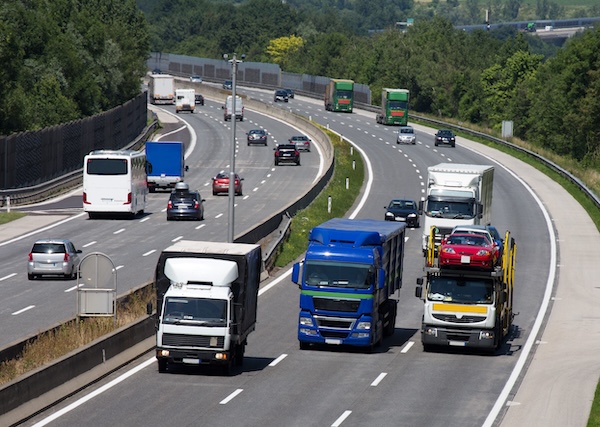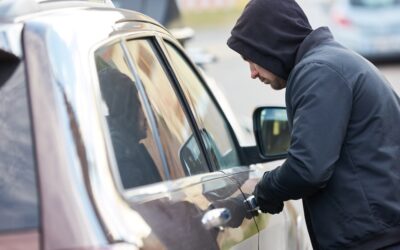Undertaking means overtaking a slower moving vehicle on its left-hand side. This can be highly dangerous. But is it illegal? And are there any circumstances where it is allowed?
Is Undertaking Illegal?
Technically, undertaking is not in itself a punishable offence. However, if you’re caught undertaking the police may treat it as “careless driving”. For this, you can get between 3 and 11 points on your licence, and a fine.
On motorways and dual carriageways, it’s important to follow the correct lane discipline. This means that, apart from in some exceptional circumstances, you must always overtake vehicles on their right-hand side.
This is in the Highway Code. It states: “Do not overtake on the left or move to a lane on your left to overtake.”
Why is Undertaking Dangerous?
According to the rules of the road, you should always overtake on the right and after passing the slower vehicle, you should move back to the left.
If you decide to undertake a slower moving vehicle on the left, there may be a collision. This is because the driver in the car you are undertaking may not realise you are there and think the lane is clear and then move over to the left lane themselves.
Is Undertaking Ever OK?
The Highway Code does outline some situations where undertaking is OK:
- In slow-moving traffic, if the left lane is moving faster than the right lane. In this situation, you can keep up with the traffic in your lane, even if it means you’ll pass the traffic in the lane to your right. However, you must not weave in and out of the two lanes to overtake.
- Motorway gantries may sometimes warn motorists to stay in lane and your lane may be going faster than the lane to your right.
- If you approach a junction and there’s a car in the right lane preparing to turn right, then it’s fine to pass the vehicle on the left. However, only do this if you’re absolutely sure what they’re planning to do. Wait until they’re indicating, or they’ve started moving.
So although undertaking is not strictly illegal, it is something that is strongly discouraged. For more information visit the The Highway Code website.




